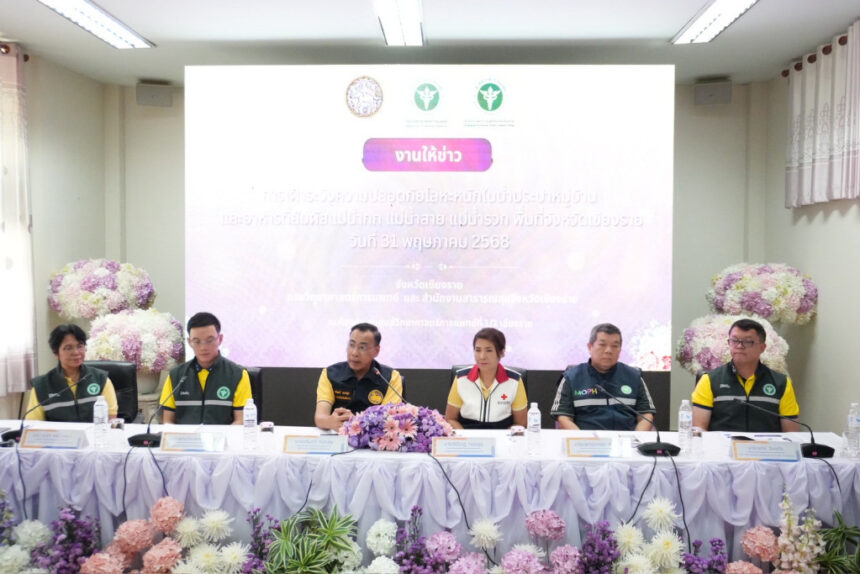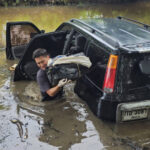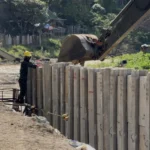CHIANG RAI – The Governor of Chiang Rai, together with the Department of Medical Sciences and the Provincial Public Health Office, has shared results from recent checks on village tap water, vegetables, and fish. The findings confirm that tap water, vegetables, and fish are safe, with no arsenic contamination discovered.
On 31 May 2025, Mr. Charin Thongsuk, Governor of Chiang Rai, together with Dr. Watcharapong Kamla, Deputy Director-General of the Department of Medical Sciences, and Dr. Ekachai Kamlue, Chief Public Health Officer of Chiang Rai, shared updates on monitoring and testing efforts for village tap water and food from natural water sources in the Kok, Sai, and Ruak river basins.
These areas are under close observation due to potential risks, Governor Thongsuk said.
The Governor clarified that some information shared by the media might be inaccurate, especially results from rapid test kits. These kits serve only as a first screen and cannot be used as official proof. He recommends relying on certified laboratory results, which offer higher accuracy and reliability.
He reassured the public, urging them to trust the findings from the Medical Sciences Center, which uses up-to-date, certified equipment and follows proper scientific guidelines for toxic substance analysis.
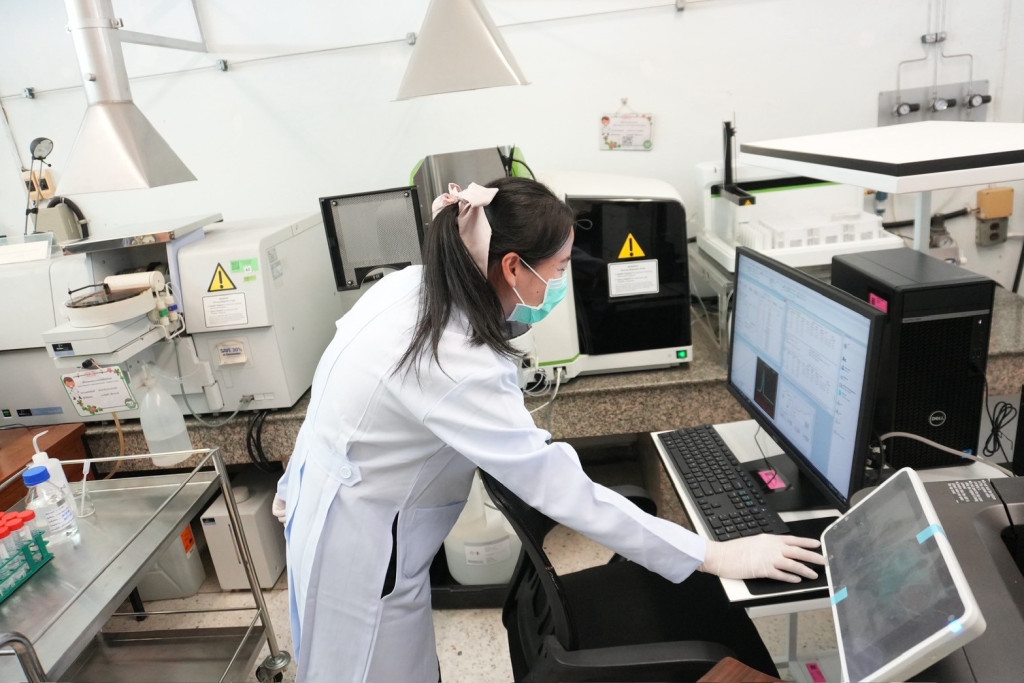
Dr. Watcharapong addressed recent concerns about arsenic found in the Kok, Sai, and Ruak rivers. Earlier, higher-than-standard arsenic levels led to advice for residents to temporarily stop using water from these rivers.
On 8 April 2025, samples of village tap water drawn from the Kok River and nearby sources in six Chiang Rai districts were tested. No arsenic was detected. Results from lab-based tests showed arsenic levels between 0.001 and 0.009 milligrams per litre, all within safe limits.
Tests for other metals like cadmium, lead, iron, fluoride, chloride, nitrate, and manganese also met safety standards.
Another sampling on 2 May 2025 covered village tap water near the Sai and Ruak rivers in Mae Sai and Chiang Saen districts. Six samples showed arsenic levels below 0.001 milligrams per litre. Plans are in place to keep monitoring these areas for heavy metals.
Between May and August, four rounds of sampling took place for tap water, vegetables, and fish, with at least 19 samples per category each time. Testing occurred in late May, mid-June, mid-July, and mid-August.
All tests were run by the Food Quality and Safety Office and the Chiang Rai Medical Sciences Center using international methods, including Standard Methods for the Examination of Water and Wastewater (24th Edition, APHA Press, 2023) and AOAC 2015.01, with advanced AAS and ICP-MS techniques. The labs operate under ISO/IEC 17025:2017 standards.
The first round of results from 80 total samples showed that no tap water samples exceeded safe limits. None of the 21 vegetable samples or 23 river fish samples contained arsenic. Tests for lead and cadmium also fell within safe ranges.
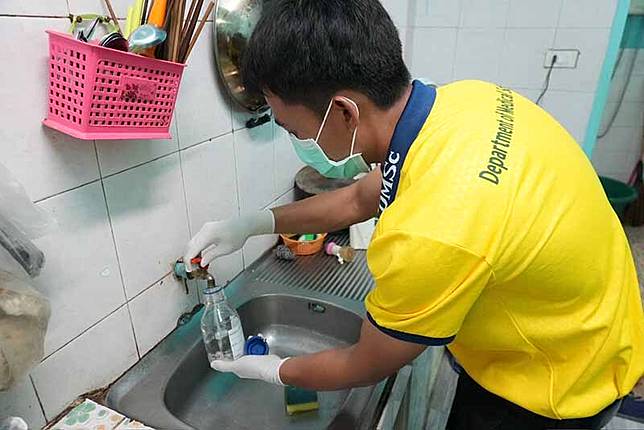
In Mae Sai district, some residents using household wells reported skin rashes. On 30 May 2025, three well water samples from affected households were tested with field kits, and no arsenic was found. Additional screenings in the community included household water use surveys and six groundwater samples sent for lab testing.
All results were within safe limits. Recent checks on tap water and foods near the Kok, Sai, and Ruak rivers found no contamination above regulatory standards.
Dr. Watcharapong explained that these tests follow international protocols, including Standard Methods for the Examination of Water and Wastewater, known for accuracy and reliability and accepted worldwide for residue or contaminant analysis.
Dr. Ekachai Kamlue added that the Chiang Rai Provincial Public Health Office continues close monitoring, especially in villages near natural water sources. Residents are encouraged to use only filtered or treated water supplied by responsible agencies.
He advised that high-risk groups, like young children, seniors, and pregnant women, should see a doctor if they notice any warning signs such as rashes, fatigue, dark urine, or severe symptoms like seizures or fainting.
Residents should avoid using water from untreated sources and always use tap water that has been properly filtered and disinfected. Staying updated with information from local authorities is important.
The Chiang Rai Provincial Public Health Office confirmed there is no current evidence showing a high health risk to the public. All agencies continue strict monitoring, so people should not panic but should pay attention to official updates and follow health advice.
The province will keep sharing updates on test results and any new measures, aiming to be transparent and maintain safety for everyone. Authorities remain confident in the quality of local tap water and food and promise to keep monitoring and supporting public health across the region.




